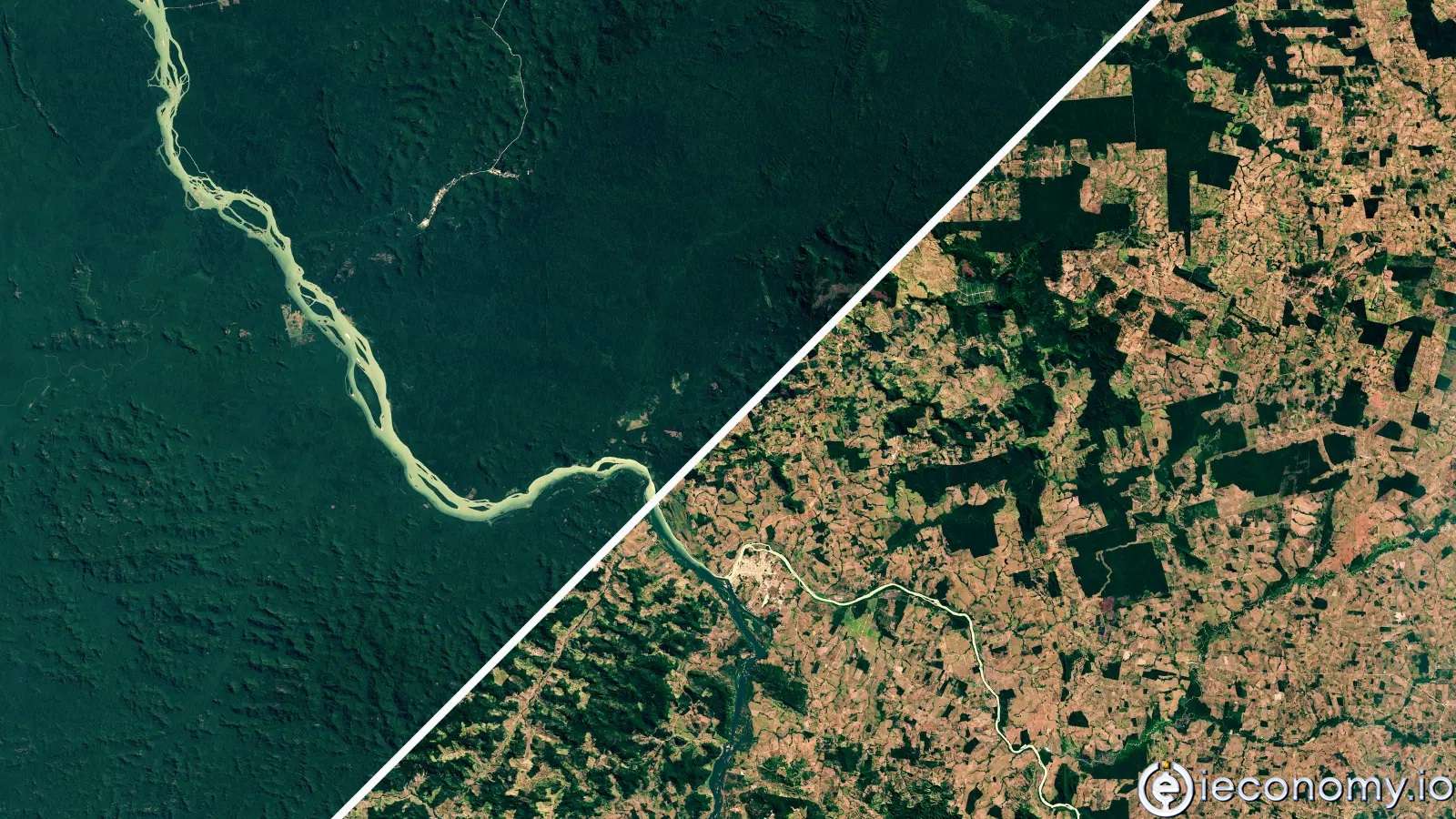8341
0
Jair Bolsonaro is asking for billions to save the rainforest
The president of Brazil Jair Bolsonaro is asking for billions to save the rainforest. At the same time, he wants to legislate his occupation.

Yazar: Tom Roberts
Yayınlanma: 9 Mayıs 2021 18:58
Güncellenme: 2 Mart 2026 21:11
Jair Bolsonaro is asking for billions to save the rainforest
The president of Brazil Jair Bolsonaro is asking for billions to save the rainforest. Brazilian indigenous groups, environmental organizations and celebrities point out that Bolsonar's rhetoric contradicts his real steps. A group of almost forty European retail companies spoke on Wednesday. Companies such as Tesco, Marks & Spencer or Lidl Bolsonar threatened in an open letter to cut Brazil out of their supply chains if the proposed land reform was approved. The law would practically legalize the occupation of public land by humans. Legislators argue that this would help small farmers to claim ownership of land on which they have been operating for a long time. By pulling settlers out of the gray zone of the economy, the law would force them to move within the rules in force, the petitioners say. However, according to the companies signed under the letter, the proposed law will lead to further deforestation, which the world probably can no longer afford. According to a new study, the Amazon emits more carbon dioxide than it absorbs. This is due to large-scale forest fires, felling to obtain land and total devastation. At the same time, rainforests are considered a kind of defensive wall against the effects of climate change. In a letter, the European retail group warns that the proposed legislation contradicts Bolsonar's words at the April climate summit convened by US President Joe Biden. During the virtual meeting, the Brazilian head of state made it known that Brazil would stop illegal logging. Bolsonaro has also dusted off the promise that the Amazon rainforest will completely stop deforestation by 2030 and Brazil will be carbon neutral by 2050. "I can no longer agree with your call to make ambitious commitments on the climate agenda," Jair Bolsonaro said at the summit. Bolsonaro is now negotiating an agreement with the White House that Brazil receive billions to eliminate illegal deforestation. Environment Minister Ricardo Salles says that if Brazil gets an investment of $ 1 billion a year, it can reduce deforestation by 30 to 40 percent.İLGİLİ HABERLER





European stocks soared and focus shifted to German retail sales after Powell's speech!

Forex Signal For TRY/USD: Inflation Slowdown in November.

Forex Signal For GBP/USD: Bullish Trend Still Not Breaking While Recovery Continues.

Forex Signal For EUR/USD: Starry US Data Points to Higher Fed Increases.

Forex Signal For BTC/USD: Downside Continues as Bitcoin Recovery Moves Less.
En Popüler Haberler
Yorum Yap
Yorumlar
Henüz yorum yapan yok! İlk yorumu siz yapın...